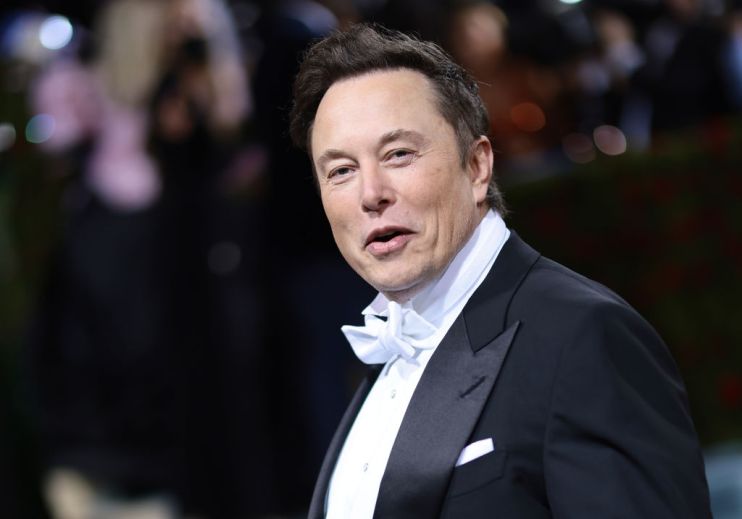Musk has a delicate balance to strike between the perils and protections of anonymity

Elon Musk’s acquisition of Twitter has had the world speculating over the direction of the social media giant – which is used by over 200 million people every day. The billionaire was in the spotlight again this week, as he claimed that the removal of Donald Trump from Twitter was “foolish in the extreme”, sparking a debate on who should or shouldn’t be allowed to be a presence on social media.
Leaving all the controversy stirred by Musk aside for a second, the takeover might actually provide an opportunity to address some key issues. Musk’s early commitments include addressing spambots and introducing authentication. Currently it is quite straightforward to maintain anonymity on Twitter, and it is most often from anonymous accounts that hate speech or misinformation originates.
In the wake of Euro 2020, when three England footballers missed penalty kicks, trolls took to social media using thousands of anonymous accounts to issue racist abuse. They were able to remain anonymous since all it takes to set up an account is an email address, password, and name. More recently, at the outset of the Ukraine crisis, Twitter “labelled or removed” more than 50,000 pieces of content that broke its policy on manipulated and state-run content.
A recent poll revealed that around three-quarters of those experiencing online abuse say it comes from anonymous accounts. As Musk acknowledges, part of the problem stems from a lack of accountability for online behaviour and bots. He has previously boasted that he will “defeat the spam bots or die trying”.
The noise for more accountability online in the UK has been steadily building – a petition pushing for mandatory ID checks to set up social media accounts was recently debated in Parliament. Increasing awareness of how harmful content can be propagated by anonymous profiles was also reflected in the government’s Online Safety Bill. It included proposals to introduce new identity verification measures to reduce the visibility, and therefore virality, of harmful content. These measures could give adults the ability to block non-verified users, giving them greater control over what they see .
This course of action should be welcomed. However, it should be part of a balanced approach because anonymity is also vital to provide a safe space for those who need it. Anonymous spaces can protect marginalised communities and civil societies from repression and corruption, provide a safe platform to discuss complex topics openly and facilitate whistleblowing.
The most appropriate solution may lie with a tiered identity verification approach. Tiered in that, users would have the ability to verify their identity, or remain anonymous, and would be able to select whether they see messages or comments from non-verified accounts. The verification could be as simple as requesting a photo of some form of government-issued ID, and a selfie. And with the right privacy controls built into the system at all levels, users can be assured that their information is safe.
Ultimately, it is possible for Twitter’s leadership to implement identity verification in a way that does not compromise safe online anonymous spaces. The acquisition of Twitter creates an inflection point in its journey, with some crucial decisions to be made. By verifying an account with a legal identity, Musk can enhance user trust in Twitter and make perpetrators think twice about spreading harmful or misleading content. Now we have to wait and see whether he has an appetite for real change or not.